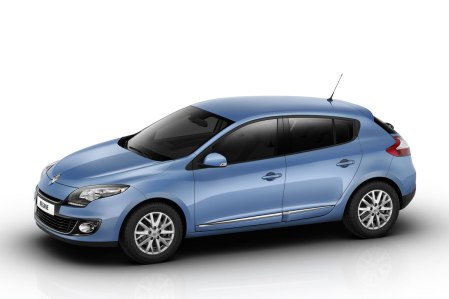I spent a lot of time in a past life commuting. 70 miles a day on the m8. In a 1989 BMW e30.
There were several frustrations, ranging from “I’m always having to fix something at the weekend” to “2.5hours to get INTO work!”. But, by far and away the worst was the weekly ritual of lobbing £80+ a week into the tank to drive to the office.
This was a vicious circle- drive to the office to make money to buy fuel to drive to the office to make money etc.
Despite being stubborn, even I could admit that there was a need to seek a remedy. Flirtations with a mk3 Golf Td (that’ll be the 75bhp AAZ engine..) were short lived due to general borkage. Returning to the e30, I determined to look at how I could change my behaviour to the betterment of my wallet.
A few amendments to my driving style saw me consistently getting 33-35mpg per tank. This decrease in consumption meant every 8th tank was effectively free, and the commute took the same time regardless- as rush hour m8 traffic is a slow moving mess. Adding a car share person to the mix a couple of days a week lowered the cost again.
Those days are behind me now, and driving is mainly for fun- the commuting strain is taken by the train. Nevertheless, when the opportunity of some FuelGood driving training via work came up, I jumped at the chance.
Provided by the Energy Savings Trust to businesses, it’s designed to help staff drive more efficiently, and also allow businesses to minimise their fuel costs. Tuition is provided on a 1 to 1 basis, either in your own car, or one provided by the instructor.
Booking is available at the following link:
http://www.energysavingtrust.org.uk/scotland/businesses/transport/fuelgood-driver-training
Despite being tempted to take the xj40, I plumped for using the instructor’s car.
It was a 2014 Renault Megane 1.6 DCi with 109bhp. So far so modern Derv!
It looked like this:
The trainer was a most convivial chap who took it in his stride when I responded to his question “So what do you drive?” with a long and varied list of vehicles currently of this parish. A quick licence check plus introduction to the controls of the car and we were off!
The training was designed to allow for back to back runs with a 10 min debrief in the middle- so you can compare the impact of the techniques suggested.
Sited on roads surrounding my workplace, the route was a mixture of town based work and 40mph sections, designed to mimic driving conditions you’d experience on most days.
I was struggling with the “new fangled” car stuff- I’m not used to super sharp brakes and very little steering feel- not to mention the whole 6 speed box malarkey. The car also had Start/Stop fitted, which is always disconcerting for those of us with a predilection for cars of yesteryear- a conking out at traffic lights usually means “where are the jump leads?!”.
As we drove around, chatting away, the trainer let slip that his ideal car would likely be an x306 Jaguar XJR. There then followed a most pleasant discussion about whether it’d be considered appropriate for the work he undertakes. I’d say it would be, but then again I’m not paying for the fuel!
First run over, and the average mpg meter showed 59mpg. I thought that wasn’t too shabby.
Says he:
“Do you ride motorbikes as well?”
I answered to the negative.
Apparently I was good at observation and planning to avoid having to stop- much like a motorbike rider aims to minimise having to go feet down. This was a good thing!
We ran through a couple of pointers re my driving- most of it was good, but there were two things I could improve upon:
- Using block upshifting, rather than just block downshifting.
- Allowing the Start/Stop to cut in.
Back out for round two:
More traffic, some block upshifting and letting the Stop/Start cut in where possible.
Result? 62mpg. A 5% decrease in fuel consumption.
Even allowing for the usual “OBC’s are up to 10% out” approach, I went from 53.1mpg to 55.8mpg.
At 10,000 miles per annum (based on 112.9p/litre) that means
53.1mpg= £966.56 55.8mpg= £919.79
So that’s the car tax paid for the year, or 2 month’s worth of insurance money you don’t need to find.
The savings are even greater should people not already have an inkling for driving economically- the average appears to be a 10% increase in MPG, certainly not to be sniffed at!
Got to be worth mentioning it at work!
